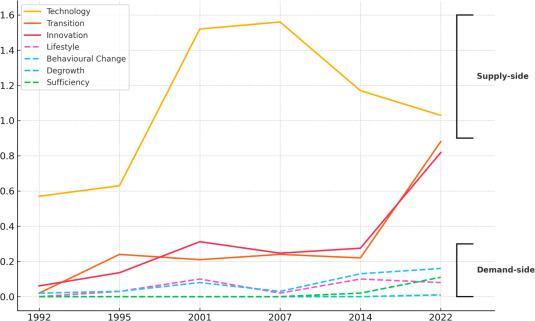Time for another "review". This one's hard. While the book was quite interesting, it required me to be quite open-minded. Still, I think it's worth mentioning:
Robert Wright — Nonzero: The Logic of Human Destiny
The book basically focused on a thesis that both biological evolution and cultural evolution are a thing, they are directional and this directionality can be explained together using game theory — as eventually leading to more non-zero sum games.
It consists of three chapters. The first one is is focused on the history of civilization. It features many examples from different parts of the world, which makes it quite interesting. The author argues that the culture inevitably is evolving as information processing techniques improve — from writing to the Internet.
The second chapter is focused on biological evolution. Now, the argument is that it's not quite random, but actually directed towards greater complexity — eventually leading to the development of highly intelligent species, and a civilization.
The third chapter is quite speculative and metaphysical, and I'm just going to skip it.
The book is full of optimism. Capitalism creates freedom — because people are more productive when they're working for their own gain, so the free market eliminates slavery. Globalisation creates networks of interdependence that make wars uneconomic. Increased contacts between different cultures makes people more tolerant. And eventually, the humanity may be able to unite facing a common "external" enemy — the climate change.
What can I say? The examples are quite interesting, the whole theory seems self-consistent. Still, I repeatedly looked at the publication date (it's 1999), and wondered if author would write the same thing today (yes, I know I can search for his current opinions).
#books #bookstodon @…


